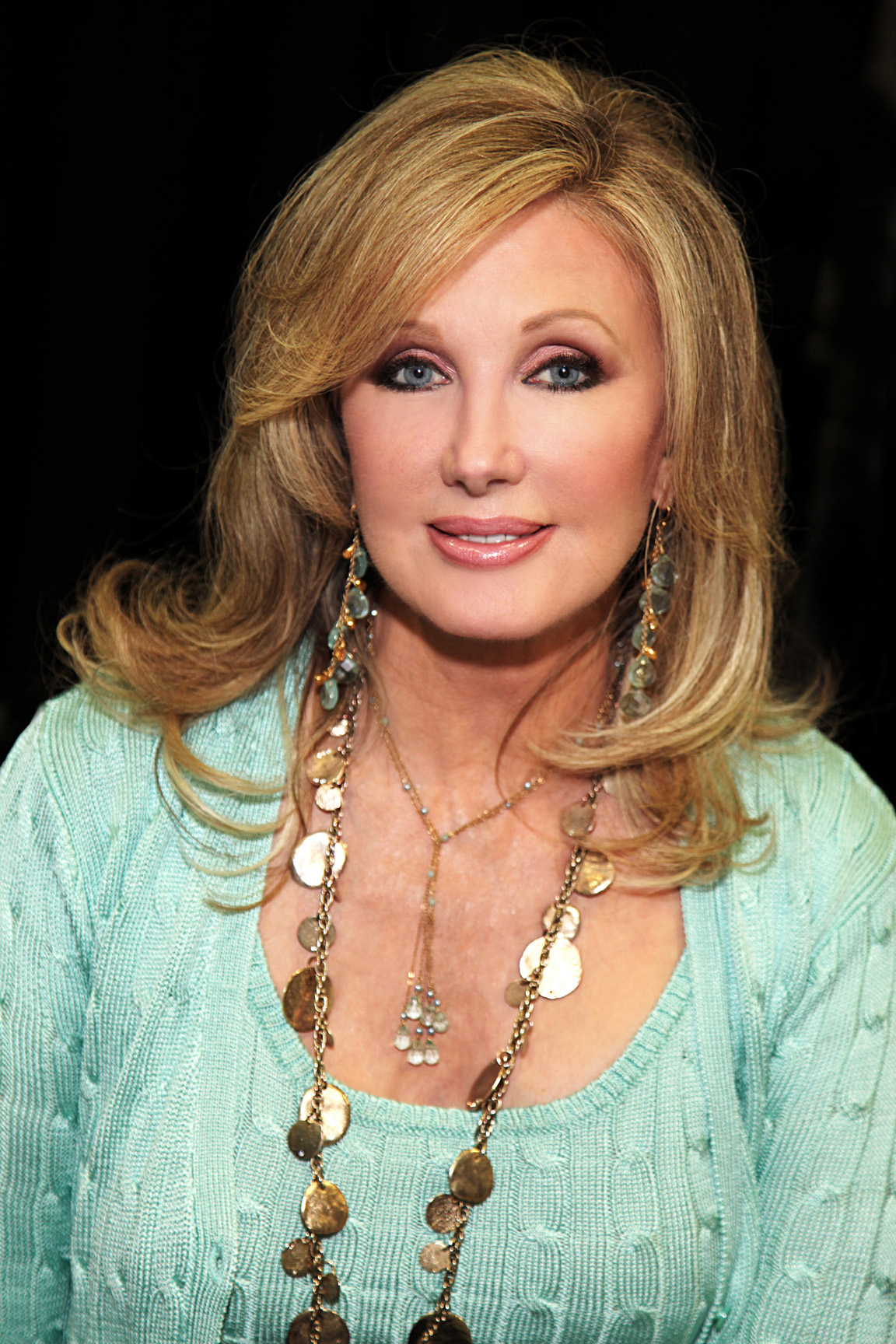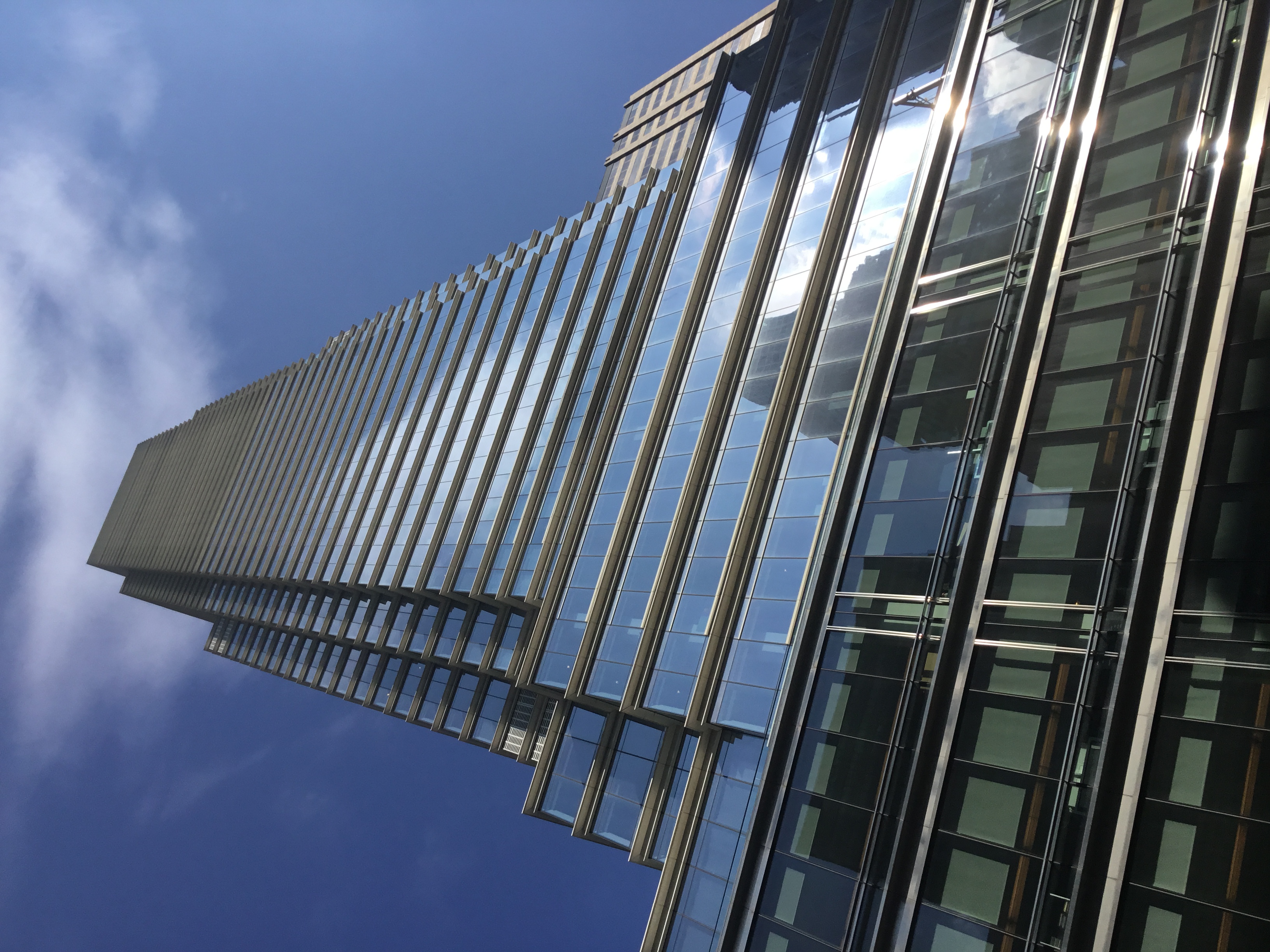Black Lives Matter
Explore the key events and milestones in the Black Lives Matter movement, from its inception in 2013 to the present day. This timeline highlights the major protests, influential moments, and significant changes driven by the global call for racial justice and equality.
Birth of Black Lives Matter Movement
The Black Lives Matter movement began on July 13, 2013, following the acquittal of George Zimmerman in the killing of Trayvon Martin. The movement was started by three African-American women: Alicia Garza, Patrisse Cullors, and Opal Tometi. Initially emerging as a hashtag #BlackLivesMatter on social media, it rapidly grew to become a decentralized movement advocating against systemic racism and violence towards Black people. This grassroots movement has since made substantial social and political impacts worldwide, encouraging dialogue on racial inequality and police violence.
Shooting of Michael Brown
On August 9, 2014, Michael Brown, an 18-year-old African American, was fatally shot by a police officer in Ferguson, Missouri. His death became a pivotal moment for the Black Lives Matter movement, sparking protests and bringing national attention to issues of race and police brutality. The incident highlighted tensions between the African American community and law enforcement and led to a Department of Justice investigation. The ensuing protests in Ferguson were a key moment in the evolution and visibility of the Black Lives Matter movement.
Ferguson Decision Sparks Protests
On November 24, 2014, a grand jury decided not to indict Darren Wilson, the police officer who shot Michael Brown. This decision sparked widespread protests in Ferguson and across the United States. The protests called for justice and accountability while highlighting racial bias and police brutality against African Americans. Demonstrations organized by the Black Lives Matter movement and other civil rights activists were significant in shaping public discourse about systemic racism and police practices, leading to reforms and a nationwide conversation about race relations in America.
Death of Freddie Gray
Freddie Gray, a 25-year-old African American man, was arrested in Baltimore on April 12, 2015, and died a week later due to spinal injuries sustained while in police custody. His death led to major protests in Baltimore and highlighted systemic issues of police violence against Black individuals. The incident resulted in the indictment of six police officers and intensified the national conversation spurred by Black Lives Matter, emphasizing police accountability and systemic change. The protests and subsequent trials were covered extensively in global media, illustrating ongoing racial tensions.
Shooting of Alton Sterling
On July 5, 2016, Alton Sterling, a 37-year-old Black man, was shot and killed by police in Baton Rouge, Louisiana. The shooting was captured on video and quickly spread online, leading to national outrage and numerous protests organized by Black Lives Matter. Sterling's death became one of several high-profile cases that intensified discussions on police use of force and racial bias. The incident underscored the urgent need for police reform and fairness in the justice system, driving more people to join the Black Lives Matter movement and support calls for accountability.
Shooting of Philando Castile
Philando Castile, a 32-year-old African American, was fatally shot during a traffic stop by a police officer in Falcon Heights, Minnesota, on July 6, 2016. His girlfriend broadcast the aftermath live on Facebook, and the video went viral, fueling outrage and protests across the nation. Castile's death, occurring just a day after Alton Sterling's, brought further scrutiny to racial profiling and police conduct, escalating Black Lives Matter protests. The case drew significant media attention, contributing to widespread dialogue on race, justice, and policing practices.
Shooting of Keith Lamont Scott
On September 20, 2016, Keith Lamont Scott, a Black man, was shot by police in Charlotte, North Carolina. The incident, which the police said involved Scott brandishing a gun, sparked days of protests and violence in Charlotte. Scott’s shooting again raised questions about police tactics and racial equity. Black Lives Matter and other civil rights protesters called for transparency and reform, demanding accountability for police violence against Black individuals. The case unfolded amid rising national tensions, intensifying calls for systemic changes in policing practices.
Murder of George Floyd
George Floyd, a 46-year-old African American man, was murdered on May 25, 2020, by a police officer in Minneapolis, Minnesota. Derek Chauvin, a white police officer, knelt on Floyd's neck for over nine minutes, leading to his death. The event was recorded and widely circulated, resulting in international protests against police brutality and systemic racism. Black Lives Matter played a central role in organizing these protests, which were among the largest in history. The incident led to global movements for racial justice and significant discussions on law enforcement reforms.
Global Black Lives Matter Protests
By June 3, 2020, Black Lives Matter had inspired a global movement, with millions of people across all seven continents participating in protests sparked by George Floyd's murder. Demonstrations took place in cities including London, Paris, Berlin, Sydney, and Tokyo, calling for justice for Black lives and addressing local instances of racial injustice and discrimination. These protests were some of the largest and most diverse in history, indicating the global solidarity and impact of the Black Lives Matter movement. Various reforms were introduced in different countries as a response.
Shooting of Jacob Blake
On August 23, 2020, Jacob Blake, a Black man, was shot seven times in the back by a police officer in Kenosha, Wisconsin, as he attempted to enter his car. His children were in the vehicle at the time of the shooting. The incident left Blake partially paralyzed and sparked major protests and unrest in Kenosha and beyond, as part of the continued demands for racial justice and police reform in the United States. Black Lives Matter and allied activists led calls for accountability and justice, amplifying the national conversation around police use of force against Black individuals.
Frequently asked questions about Black Lives Matter
Discover commonly asked questions regarding Black Lives Matter. If there are any questions we may have overlooked, please let us know.
When was the Black Lives Matter movement founded?
What was the significant event leading to the resurgence of the Black Lives Matter movement in 2020?
How has the Black Lives Matter movement impacted policy and societal changes?
What are some key milestones in the Black Lives Matter movement's history?
Related timelines
More timelines connected to Black Lives Matter







